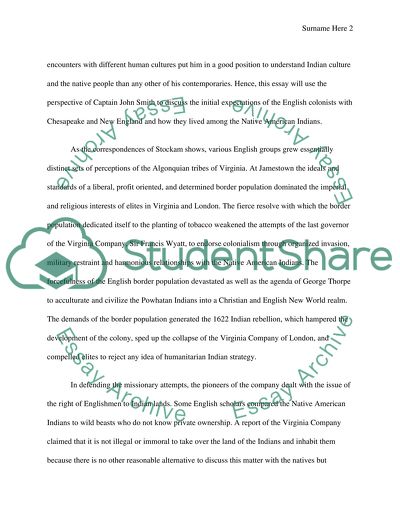Cite this document
(“The expectations of English colonists in Chesapeake and New England Essay”, n.d.)
Retrieved from https://studentshare.org/history/1424766-the-expectations-of-english-colonists-in
Retrieved from https://studentshare.org/history/1424766-the-expectations-of-english-colonists-in
(The Expectations of English Colonists in Chesapeake and New England Essay)
https://studentshare.org/history/1424766-the-expectations-of-english-colonists-in.
https://studentshare.org/history/1424766-the-expectations-of-english-colonists-in.
“The Expectations of English Colonists in Chesapeake and New England Essay”, n.d. https://studentshare.org/history/1424766-the-expectations-of-english-colonists-in.


